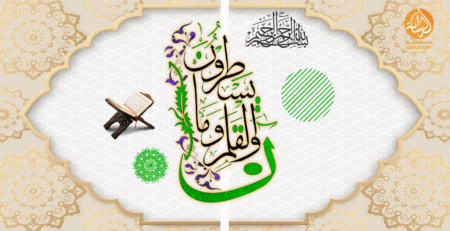Islamic Marriage and Divorce: Nurturing Relationships in Islamic Society
In Islamic society, the family unit is considered the cornerstone of community stability and harmony. At the heart of this unit lies the relationship between a husband and a wife, which is founded upon the principles of marriage and divorce as prescribed by Islam.
Introduction
Marriage holds immense significance in Islamic teachings, serving as a sacred bond that fosters companionship, love, and mutual support between spouses. The family, viewed as the basic unit of society, is crucial for the social, emotional, and spiritual development of individuals.
Islamic Perspective on Marriage
Islamic teachings emphasize the sanctity of marriage, viewing it as a solemn covenant between a man and a woman. The principles governing marriage in Islam underscore mutual respect, understanding, and consent between both parties. Moreover, families play a pivotal role in facilitating the matchmaking process, ensuring compatibility and harmony between the prospective spouses.
The Nikah Ceremony
The Nikah ceremony, marking the formalization of marriage, is imbued with cultural and religious significance. It involves the exchange of vows, the payment of a dowry (Mehr), and the solemnization of the union in the presence of witnesses and blessings from the community.
Rights and Responsibilities in Marriage
Marriage in Islam entails certain rights and responsibilities for both spouses. While husbands are tasked with providing financial and emotional support to their families, wives are entrusted with nurturing their homes and children. Mutual respect, communication, and intimacy are essential for maintaining a healthy marital relationship.
Challenges in Marriage
Despite the idealistic portrayal of marriage, couples often encounter challenges along the way. Issues such as communication barriers, financial strains, and cultural differences can strain the marital bond. Moreover, external pressures from society or family members may exacerbate marital discord.
Divorce in Islam
Divorce, though discouraged, is recognized as a permissible option in Islam under certain circumstances. The process of divorce, whether initiated by the husband (Talaq) or the wife (Khula), involves specific procedures and guidelines aimed at ensuring fairness and justice. However, Islam encourages reconciliation and mediation before resorting to divorce.
Impact of Divorce on Families
Divorce can have profound effects on families, causing emotional distress, financial instability, and custody disputes. Community support and counseling services play a crucial role in assisting divorcing couples and their families through this challenging transition.
Conclusion
In conclusion, marriage and divorce in Islam are governed by principles that prioritize mutual respect, understanding, and communication. By upholding these values, couples can nurture strong and enduring relationships that serve as the foundation of a harmonious society.
FAQs
- Is divorce permissible in Islam?
- Yes, Islam permits divorce as a last resort after all efforts at reconciliation have been exhausted.
- What is the role of families in matchmaking?
- Families play a significant role in facilitating the matchmaking process, ensuring compatibility and harmony between prospective spouses.
- How long is the waiting period (Iddah) after divorce?
- The waiting period, known as Iddah, typically lasts for three menstrual cycles or three lunar months, during which a woman cannot remarry.
- Can divorced couples reconcile in Islam?
- Yes, Islam encourages reconciliation and mediation between divorced couples before finalizing the divorce.
- What are the rights of spouses in Islam?
- Spouses in Islam have rights such as financial support, emotional companionship, and mutual respect, which are outlined in Islamic teachings.











Leave a Reply